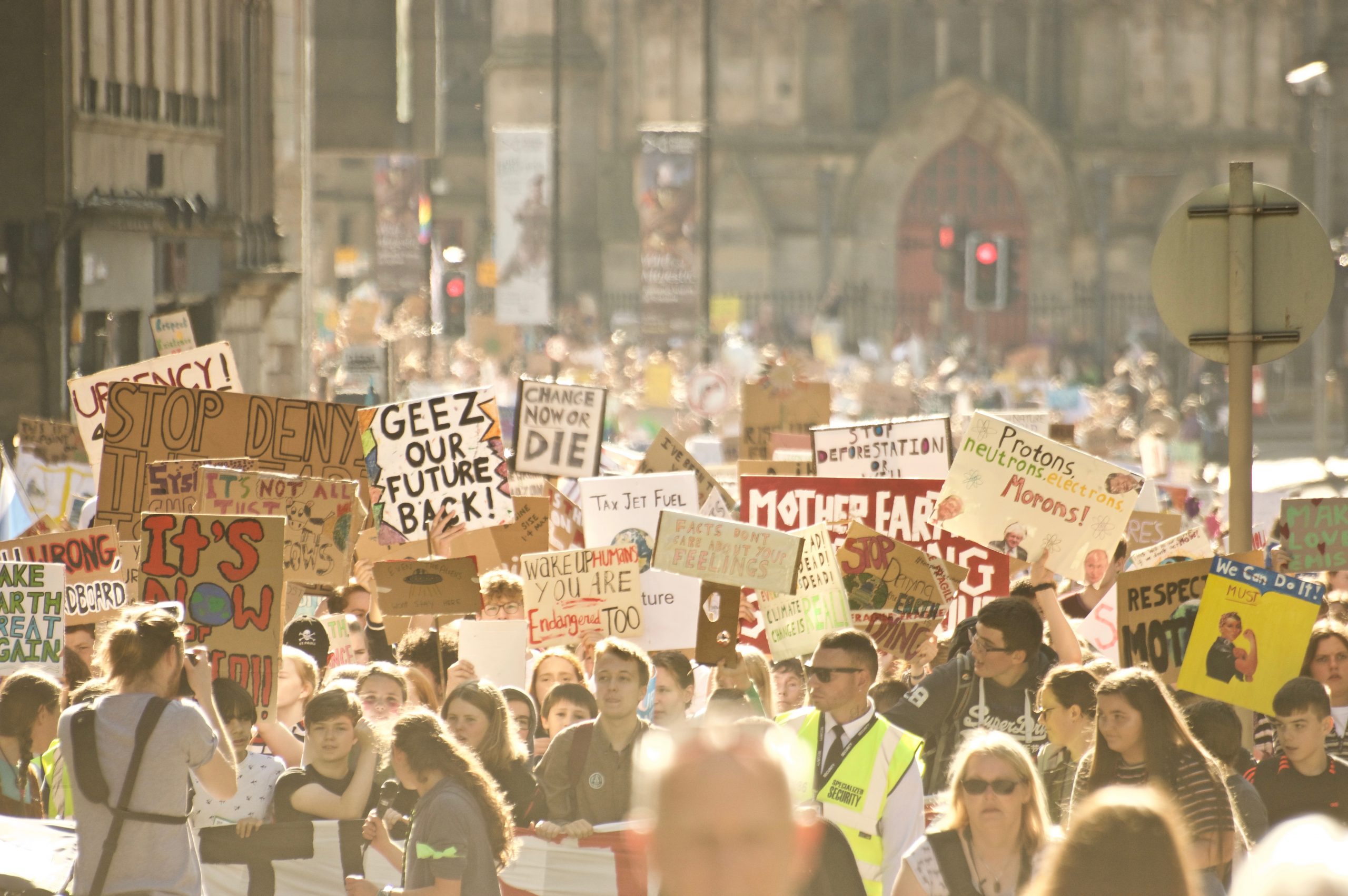
Public Inquiry into commercial unconventional gas development is UK first
Key issues to be examined at the UK’s first Public Inquiry into a planning application for commercial unconventional gas extraction will be decided today (4/12/13). Scottish Government Reporters will set the scope and agenda for the Public Local Inquiry into Dart Energy’s plans for coalbed methane at Airth, due to take place in the spring, at a meeting in Larbert High School this evening.
The Inquiry is expected to be lengthy and cover complex technical ground including potential public health and climate change impacts of the development. The application faces strong community resistance, with over 2,500 objections. Falkirk and Stirling Councils recently announced their opposition to the development, signalling a further deterioration in the relationship between the planning authorities and Dart.
Norman Philip, Friends of the Earth Falkirk Co-ordinator said,
“The Falkirk communities have been asked to take more than their fair share of the polluting industries for the benefit of the Scottish economy. Dart’s coalbed methane plans for Airth make it the most advanced unconventional gas project in the UK. This development is not wanted by the local community nor needed by Scotland. The only people who could benefit from this development are corporate shareholders.”
Walter Attwood, Friends of the Earth Stirling Co-ordinator said, “The failure to act now to restrict carbon emissions and slow climate change will have the greatest detrimental effect upon those who are at school, (and their children), those who have no way of participating in the current planning process.
“It’s increasingly clear that the public health and environmental risks of unconventional gas drilling are inherent and impossible to eliminate, and the Inquiry will go some way to exposing this.”
Mary Church, Head of Campaigns at Friends of the Earth Scotland, said, “Unconventional gas is unnecessary, unsafe and unwanted. The Scottish Government has clearly stated that Scotland does not need unconventional gas to meet our energy needs, and extracting and burning it will jeopordise our climate targets and expose local people to unacceptable health risks. The local community has made it resoundingly clear that they do not want this industry on their doorstep, or anywhere. It is our hope that the Inquiry will support this position and signal the end of the unconventional gas industry in Scotland.”
Friends of the Earth Scotland is calling for a ban on all unconventional gas extraction because of the climate and local environmental and health risks associated with the industry. However, short of a ban, the Scottish Government’s pledge to introduce buffer zones between gas sites and communities could go some way to helping to protect those most vulnerable to the harmful impacts of fracking and coal bed methane.
A legal fighting fund has been set up by Friends of the Earth Scotland and donations can be made by visiting www.foe-scotland.org.uk
ENDS
Notes to Editors
1. The pre-examination meeting takes place at 7pm at Larbert High School tonight (4th Dec 2013).
2. Australian company Dart Energy is the leading unconventional gas developer in Scotland. Dart’s flagship development at Airth, near Falkirk faces strong community opposition, has been beset by delays and attracted 2,500 objections. In June 2013 Dart appealed their application for 22 new wells, a gas and water treatment facility and a network of pipelines to the Scottish Government on grounds of non-determination. A Public Inquiry is expected to start in early 2014. Dart also plan to drill for coalbed methane at Canonbie, where the company has planning permission for wells at 19 sites; it also has a further two licenses to explore large areas in Fife. Another company “Reach Coal Seam Gas” is hoping to develop coalbed methane in North Lanarkshire, where it has a license to explore a large area. However, the company recently withdrew a planning application for a development at Moodiesburn, following significant public opposition.
3. In 2014 the UK Department for Energy and Climate Change (DECC) will launch the tendering process for its 14th round of onshore licensing during which a vast swathe of the central belt of Scotland could be put out to tender for oil and gas exploration. British Geological Survey announced this week that they were launching a new search for shale gas in the central belt.
4. Bans and moratoria around the world :
France: A nationwide ban on fracking
Switzerland: A moratorium on fracking was introduced in the canton of Fribourg
Germany: Moratorium in Northrhine-Westphalia on fracking. Lower Saxony likely to do the same. National moratorium written into new coalition Government agreement.
Bulgaria: Government banned fracking
Czech Republic: A moratorium on fracking, considering outright ban
Spain: Cantabria banned fracking, La Rioja is also currently considering same
Netherlands: Moratorium on unconventional fossil fuels
Denmark: Moratorium on fracking
Quebec: A moratorium on fracking
United States: Vermont banned fracking, and New York has moratorium
New South Wales: ban on any coal bed methane activity within 2km of residential areas, and within critical industry clusters such as winegrowing areas
Ireland: 2-year moratorium on fracking
5. Friends of the Earth Scotland is: Scotland’s leading environmental campaigning organisation . An independent Scottish charity with a network of thousands of supporters and active local groups across Scotland * Part of the largest grassroots environmental network in the world, uniting over 2 million supporters, 77 national member groups, and some 5,000 local activist groups. www.foe-scotland.org.uk
